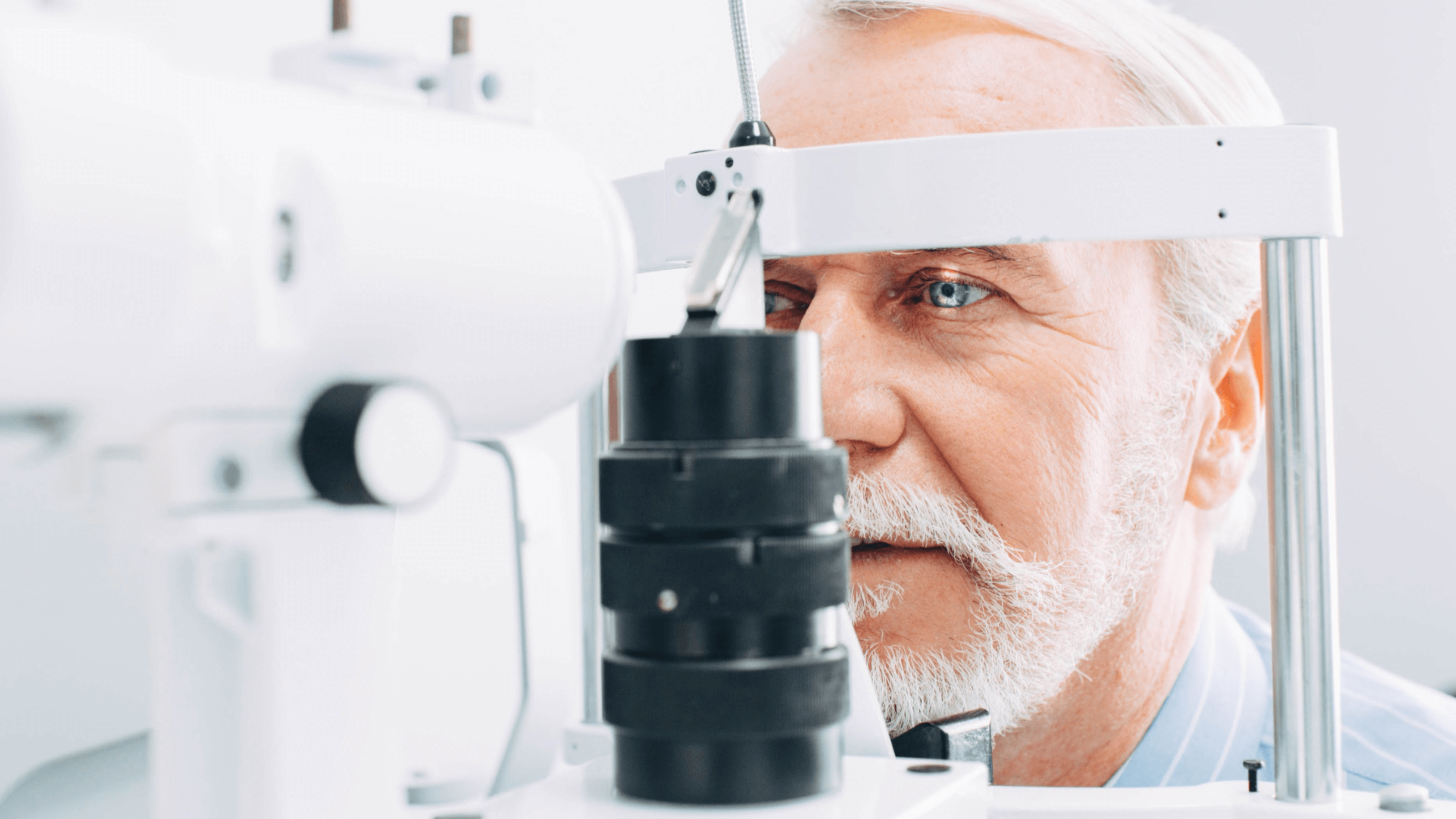In India, cataracts are a leading cause of blindness causing enormous problems in terms of human morbidity, economic loss and social burden. A cataract is an ageing-related condition very common in older people where the lens in the eyes gets clouded to affect vision. The risk of cataracts starts around the age of 40 years and tends to increase every ten years. According to a survey by the National Programme for Control of Blindness, it is found that among the total 12 million blind people in India 80.1 per cent are caused due to cataracts.
How Cataract is Developed?
Cataracts are the clouding of the normally clear lens of the eye when ageing or injury leads to the breaking down of proteins and fibres in the tissues. People with cataracts feel like seeing through a frosty or fogged-up glass which makes it difficult to see, read or drive and will cause irreversible damage over time. People who underwent eye surgery or suffer from eye conditions, medical conditions like diabetes or health problems caused by some genetic disorders are more likely to have the risk of cataracts. Women are more likely to get affected by cataract blindness owing to gender disparity and a few plausible biological factors.
How do Cataracts Cause Blindness?
The degenerative condition in the lens of the eyes blocks light from passing through. This makes it difficult for the person to see clearly and even causes blindness eventually. The image that a healthy eye transmits to the brain is obtained by refracting light through the pupil and onto the retina. Cataracts may cause blurry vision or difficulty focusing on objects to make it seem like a refractive error like nearsightedness, farsightedness or astigmatism. While cataracts are developed due to the breaking down of proteins in the lens, refractive errors are caused by the changes to the shape of the lens.
Can You Prevent Cataracts from Causing Blindness?
As there are no substantive causes found on how cataracts are developed, it doesn’t have any specific prevention methods. Cataracts can be slowed from progressing towards blindness by protection from UV rays by wearing sunglasses and hats, avoiding exposure to fluorescent lights and glares and taking nutritional supplements as directed by a doctor.
Certain lifestyle patterns are likely to increase the risk factor of cataracts, especially if there is a family history of this condition. Those who are concerned about this condition or have already been diagnosed with an early-stage of cataracts should consider making changes in their lifestyle like quitting smoking, avoiding drinking alcohol, wearing UV protective sunglasses, eating a healthy diet rich in Vitamin C and managing health problems like heart disease and diabetes. As cataracts can progress even with these lifestyle changes it is important to get your eyes examined regularly by an eye specialist. Once a person is diagnosed with cataracts they should get regular eye checkups at an eye clinic to track the progression and undergo cataract surgery to prevent full blindness.
How Cataracts Can Be Treated?
Cataracts that are diagnosed at a very early stage will be suggested for cataracts treatment using eyeglasses or contact lens prescriptions. If the usual activities are affected by impaired vision then cataract surgery is required, which is generally a safe and effective procedure to help deal with the condition.
The progress of cataracts should be diagnosed and treated with the professional supervision of an eye specialist. In most cases, cataracts can be prevented from causing partial or complete blindness through cataract surgery. Cataract surgery is the most common way in which the diseased lens is removed and replaced with an artificial lens to restore eyesight.
When is Cataract Surgery Needed?
Cataracts are predominantly an age-related condition that affects people above the age of 40. It can also be caused earlier due to other problems like trauma, disease, congenital issues and inherited genetic history. Cataract surgery is the simplest way in which the affected lens is removed and replaced with the best lens for cataract surgery to prevent blindness. As predicting the progression of cataracts is difficult, people who are diagnosed with cataracts will not be immediately sent to surgery. Age-related cataracts generally progress slowly, but they cannot be expected to be the same in all cases. The best cataract surgeon near me will be able to make a detailed assessment of the condition based on the eye exams, cataract type and how it is developed.
When to see an eye specialist
See an eye specialist right away when you experience sudden headaches, vision changes, discomfort or head. If you feel like seeing through a hazy or cloudy mask or experience any other changes in your vision, make an appointment for a comprehensive eye exam with us: https://www.samyakeyecare.com/make-appointment/
Call us now: +91 9899960700


